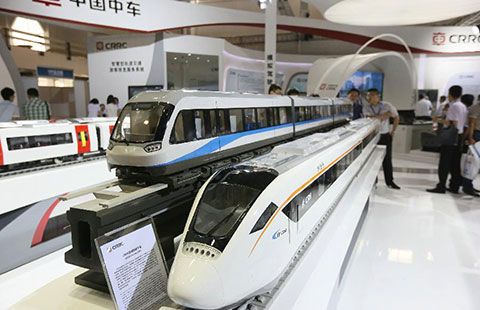Cisco pledges $10b to support local innovation, with an eye on govt procurement
By Gao Yuan (China Daily) Updated: 2015-06-18 08:09As China increases its influence on the global information technology market, it will be important for Cisco to not only stay in China but continue to work with local companies and governments, she said.
Cisco was one of the first overseas companies to set up a joint venture and share technologies with local partners. But its plans hit regulatory barriers and it was forced to change strategy.
Overseas vendors are starting to understand that teaming up with local players is the best way to continue operating successfully in the world's most vibrant IT market.
Last month, Hewlett-Packard Co sold 51 percent of its stake in the Hangzhou-based H3C Technologies Co Ltd to Chinese company Unisplendour Corp Ltd, so that the subsidiary could clinch more government procurement deals.
Bill Veghte, executive vice-president and general manager of HP's Enterprise Group, told China Daily he was optimistic that the joint venture will land more government-backed deals as a result.
Qualcomm, the world's largest mobile chip maker, is also working to jointly develop high-end chips with a number of Chinese companies, including Huawei and Semiconductor Manufacturing International Corp.
Being a networking company, however, Cisco is dealing in a much more sensitive market than HP and Qualcomm.
- Cisco pledges $10b to support local innovation, with an eye on govt procurement
- Investment spending to get big boost
- Chinese become biggest foreign buyers of US real estate
- Nation's commuters skip taxis as Uber lures with free rides
- Fall in Japanese investment 'set to continue'
- Top 5 wealthiest women in technology
- Huawei committed to UK expansion
- China streamlines business registration to encourage startups

















